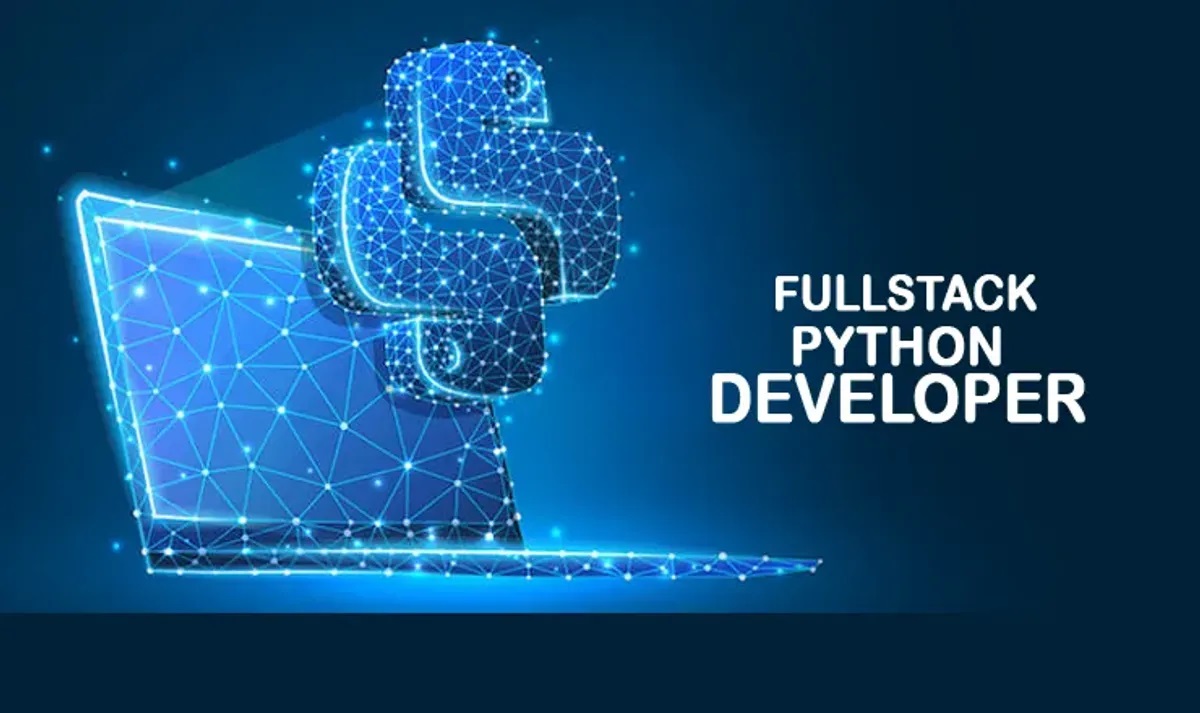
In the world of programming, Python is one of the most versatile and widely used languages. Known for its simplicity, readability, and wide range of applications, Python has become the go-to language for everything from web development and data analysis to machine learning and automation. Whether you’re an aspiring programmer or an experienced developer looking to expand your skill set, Python training is the key to mastering one of the most in-demand programming languages in the tech industry.
In this blog, we’ll explore why learning Python is a smart choice, the advantages of Python training, and how you can get started with your journey toward becoming a Python expert.
Why Python is the Language of Choice for Developers
Python is an incredibly popular programming language, and for good reason. Here’s why it stands out:
- Easy to Learn and Read
Python is often recommended as a beginner-friendly language because of its simple syntax. Unlike many other programming languages, Python reads like English, making it easy for new programmers to understand and write code quickly. Its clean, intuitive syntax reduces the complexity of coding and allows developers to focus more on solving problems than dealing with complex code. - Versatile Applications
Python is used in a wide variety of fields and industries. Whether you’re building web applications, analyzing big data, developing machine learning models, automating tasks, or working in scientific computing, Python’s versatility allows it to be applied across diverse domains.Some of the popular uses of Python include:- Web Development: Frameworks like Django and Flask allow developers to create robust, scalable web applications.
- Data Science and Analytics: Libraries like Pandas, NumPy, and Matplotlib make Python ideal for data manipulation and visualization.
- Machine Learning and AI: Python’s libraries, such as TensorFlow, Keras, and Scikit-learn, are widely used in the development of machine learning algorithms and AI models.
- Automation and Scripting: Python is widely used for automating repetitive tasks, data scraping, and writing scripts for system administration.
- Game Development: Libraries like Pygame make Python a solid choice for building games.
- Strong Community and Libraries
Python has an active and supportive community of developers who contribute to a vast ecosystem of libraries, tools, and frameworks. Whether you’re building a simple app or tackling complex projects, there’s a Python library that can help you get there faster. The Python Package Index (PyPI) hosts thousands of open-source packages that simplify everything from web scraping to artificial intelligence. - Highly In-Demand Skill
According to job market data, Python is consistently ranked as one of the most in-demand programming languages. Many top tech companies—such as Google, Facebook, and Netflix—rely heavily on Python, and as industries across the board adopt Python, the demand for developers with Python skills continues to rise.
How Python Training Helps You Succeed
While Python is easy to get started with, mastering it and applying it effectively requires structured learning. Here’s how Python training can set you on the path to success:
- Solidify Your Foundation
While Python’s syntax is user-friendly, it’s still important to understand the fundamental concepts of programming, such as variables, loops, conditionals, functions, and object-oriented programming (OOP). Python training ensures that you have a solid grasp of the basics before moving on to more complex topics. - Learn Key Python Libraries and Frameworks
Python has an extensive range of libraries and frameworks that are essential for specific fields. With training, you’ll learn how to leverage libraries such as:- Pandas and NumPy for data manipulation and analysis.
- Matplotlib and Seaborn for data visualization.
- TensorFlow and Scikit-learn for machine learning.
- Django and Flask for web development.
Mastery of these libraries can help you tackle real-world projects and make you stand out in the job market.
- Hands-On Projects
The best way to learn Python is by applying it to real-world scenarios. A good training program incorporates hands-on projects where you can practice what you’ve learned. Whether you’re building a web app, analyzing a dataset, or creating a machine learning model, these projects will help solidify your skills and build a portfolio that you can showcase to potential employers. - Learn Best Practices
Python training doesn’t just teach you syntax—it also emphasizes best practices. You’ll learn how to write clean, maintainable, and efficient code. This includes adhering to Python’s coding conventions (PEP 8), understanding how to manage virtual environments, debugging, and optimizing your code. - Prepare for Real-World Applications
Python is widely used in the professional world, and training programs often include lessons on working with real-world databases, APIs, and frameworks. By the time you complete your training, you’ll have the knowledge to work on large-scale projects and collaborate with other developers in a team setting.
What Will You Learn in Python Training?
A comprehensive Python training program typically covers the following topics:
- Python Basics: Learn about data types, variables, operators, loops, conditionals, and functions.
- Object-Oriented Programming (OOP): Understand classes, objects, inheritance, polymorphism, and encapsulation, all of which are key to writing scalable, reusable Python code.
- Working with Libraries: Learn how to work with popular Python libraries such as Pandas, NumPy, and Matplotlib for data analysis and visualization. If you’re interested in web development, you’ll also learn about Django or Flask.
- File Handling and Databases: Understand how to read from and write to files, as well as interact with databases using Python (e.g., SQLite, MySQL, or PostgreSQL).
- APIs and Web Scraping: Learn how to interact with web services using APIs and how to scrape data from websites using Python’s BeautifulSoup and Requests libraries.
- Testing and Debugging: Learn how to write unit tests, handle errors, and use debugging tools to troubleshoot your Python code.
- Advanced Topics (Optional): Once you’ve mastered the basics, you can dive into more advanced topics such as machine learning with Python, web development, or automating tasks using Python.
How to Choose the Right Python Training Program
When choosing a Python training program, consider the following:
- Instructor Experience: Look for instructors who have real-world experience using Python and can teach both foundational concepts and advanced applications.
- Course Structure: A good Python course will combine theory with practical exercises. Make sure the program includes hands-on projects that allow you to apply your learning.
- Certification: If you’re looking to advance your career, consider choosing a program that offers a certification upon completion. This will demonstrate your proficiency to potential employers.
- Support and Resources: Ensure the program provides ongoing support, including access to instructors for questions, resources like practice exercises, and a community for networking and collaboration.
- Flexible Learning Options: Choose a course that fits your schedule. Many Python training programs offer flexible learning options, including online, self-paced courses or live instructor-led classes.
Career Opportunities for Python Developers
Python opens up a wide range of career opportunities. Some common job roles for Python developers include:
- Software Developer: Use Python to develop software applications and systems.
- Data Scientist: Analyze data, create models, and develop algorithms using Python and data science libraries.
- Machine Learning Engineer: Build and implement machine learning algorithms and predictive models with Python.
- Web Developer: Build dynamic websites and web applications using frameworks like Django and Flask.
- Automation Engineer: Automate tasks and processes using Python scripts and tools.
- DevOps Engineer: Use Python to streamline and automate the deployment, monitoring, and scaling of applications in a DevOps environment.
Conclusion
Python’s simplicity, versatility, and extensive libraries make it an essential language for developers in today’s technology-driven world. Whether you’re looking to break into the world of programming, expand your skill set, or enhance your career prospects, Python training is an investment that will pay off in the long run.
Ready to start your Python journey? Our comprehensive Python training program is designed to equip you with the skills and hands-on experience needed to become a confident Python developer. Contact us today to learn more and take the first step toward mastering Python!

